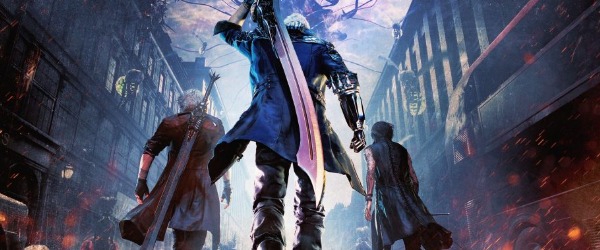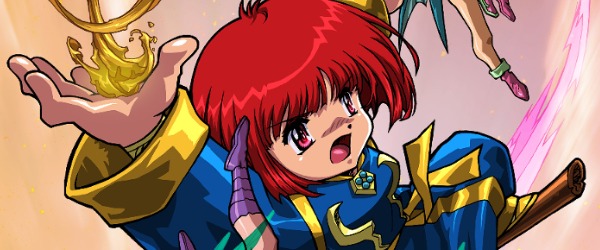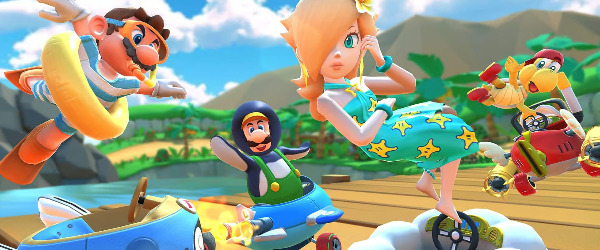
Does Nintendo Have What it Takes to Compete? - Article
by Ben Burnham , posted on 30 June 2014 / 8,064 ViewsPrior to the launch of the original Wii, Nintendo's future in the home console space was plagued by uncertainty. Facing increasingly strong competition from Sega, Microsoft and, of course, from Sony, each Nintendo system since the NES saw a reduction in userbase from its predecessor. This gradual decline hit its most obvious low with the GameCube, which crawled across the 20 million mark worldwide after years on the market, losing majorly to Sony's PS2 and even falling behind console newbie Microsoft's first system, the Xbox.
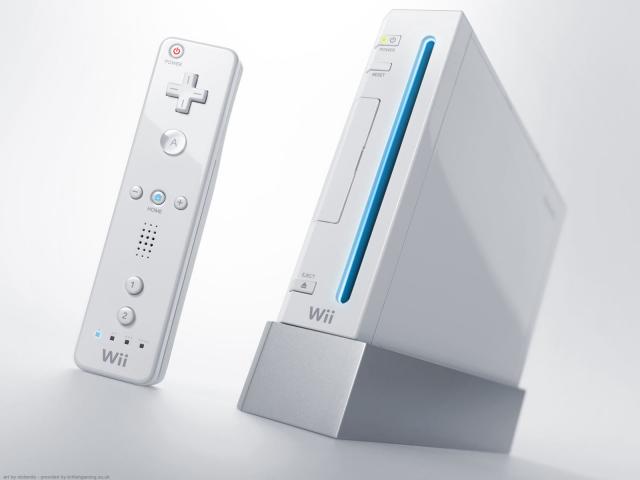
"I do not intend to declare how many Wii we will be selling today, but Wii will be a failure if it cannot sell far more than GameCube did," Nintendo President Satoru Iwata declared before releasing the GameCube's successor. "We shouldn't continue this business if our only target is to outsell GameCube. Naturally, we are making efforts so that Wii will show a far greater result than GameCube."
Featuring an all-new style of control and technical specifications far below that of its immediate competition, the Wii was a gamble, and it was one that paid off incredibly well for Nintendo, ending its run with over 100 million sold worldwide, more than either the PlayStation 3 or the Xbox 360, and far more than any Nintendo home console prior.
But the Wii's success would turn out to be a bittersweet one for Nintendo, as falling sales of both hardware and software in its final years showed that their audience of both gamers and non-gamers had begun shifting their attention elsewhere. The company was more or less forced to announce and launch its successor, the Wii U, ahead of its competition. Their strategy didn't differ much from that of the Wii, bringing to market another under-powered system with an unusual controller, clearly hoping for lightning to strike twice.
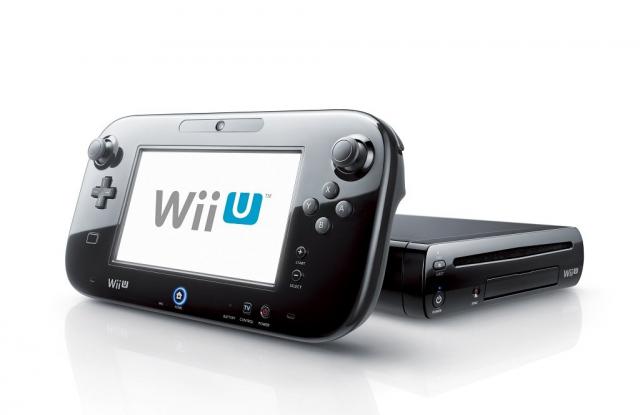
Sadly for Nintendo, it hasn't. Despite a strong (if not particularly robust) start, sales of the Wii U have more or less stalled worldwide, while the next generation offerings from Sony and Microsoft are well positioned to pull far ahead, with the PlayStation 4 already having done so.
Going into E3 2014 as the definite underdogs, Nintendo once again opted out of a traditional press conference, choosing instead to release a pre-recorded presentation along with live game demoes throughout the event. To maybe the surprise of some, the company did not announce the intention to move beyond the Wii U, and instead cemented their intention to continue full steam ahead with their ailing system. It was therefore Nintendo's job at E3 to prove why the Wii U should still play a role in the 8th generation console race, and why the world should pick one up despite its competition. Mission accomplished?
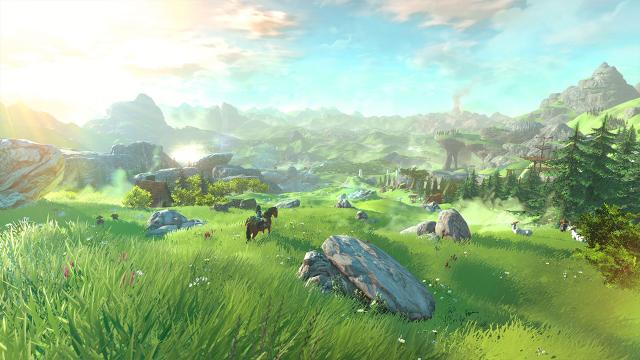
Before I get into that, I think it's important to mention that while I can be fairly critical of them and some of the decisions they make, I do consider myself to be a Nintendo fan, and I like the Wii U. I'm disappointed that Nintendo has once again released a system far behind the technical capabilities of its competition, and the lack of 3rd party support and frequent software droughts are major reasons why I hesitate to recommend it to others. But I do like the Wii U; I think the GamePad's a great controller that offers cool possibilities for making gaming more fun. I think the console's interface is clean and appealing, and I enjoy the sense of community built into it. Getting to see Nintendo's games in HD is a nice bonus as well, allowing their great art direction to shine like never before.
That said, I just don't think Nintendo has a shot at competing this time around. That doesn't mean that I don't think their situation can improve, because they certainly had some great things to show at E3. But though this E3 gave me hope that the Wii U won't just die off, its long-term prospects remain a major question mark.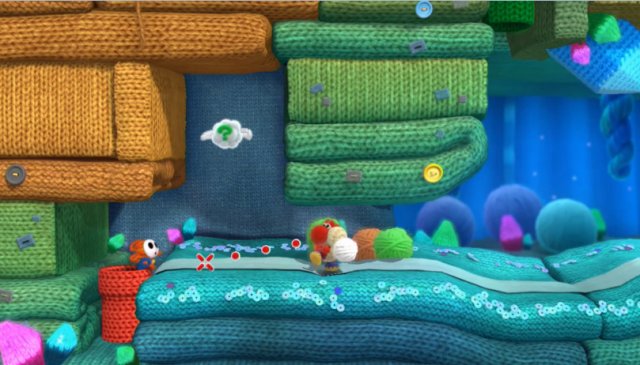
The reveal of the new Zelda game made all the right moves, signifying what's positioned to be a true leap for the series, showcased in a video that looked absolutely gorgeous. Bayonetta 2, if it's as well-received as the first one was and is marketed correctly, can draw a lot of positive attention to the system among a crowd that has so far not paid it much attention. Nintendo stumbled a bit with Xenoblade Chronicles X, showing a trailer that focused on its less-than-appealing character models instead of its gorgeous world and scenery, but if it's even nearly as good as its predecessor was, this could very well be one of the defining Japanese RPGs of the generation. Marketing will be key to the success of these games, and Nintendo will very quickly need to break from the "family style" tactics they've used thus far if they want this core audience of gamers to give the Wii U a second look.
Very little needs to be said about Super Smash Bros. and Mario Kart 8, which will both sell incredibly well among the Nintendo crowd, (indeed, Mario Kart 8 already has) though whether they'll move a significant number of systems remains to be seen. Iterations of these series have existed on almost all Nintendo platforms, even the low-selling GameCube, so their ability to help the Wii U compete with the PS4 and Xbox One seems doubtful.
The smaller games shown, including Yoshi's Wooly World and Kirby and the Rainbow Curse certainly look fun, and it's always nice to see a new Nintendo IP, even if it's tough to tell whether Splatoon will justify itself as a full game.
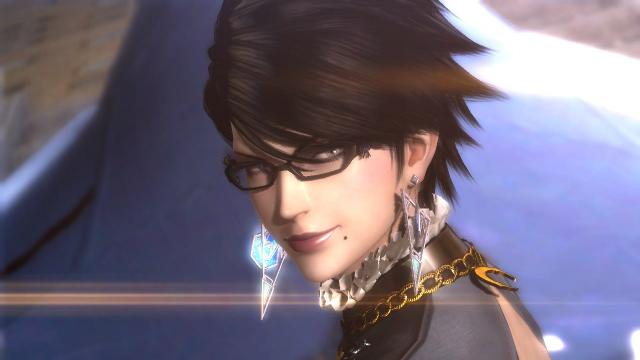
It's a strong lineup, but it's also a fairly safe lineup. With the exception of Zelda, which looks like it could be capable of bringing new fans into the fold, Nintendo's Wii U offerings otherwise seem to be continuing from where their Wii lineup left off. Kirby and Yoshi look to be similar to their Wii predecessors, continuing Nintendo's focus on the 2D sidescroller, while Xenoblade Chronicles X fully embraces its role as a sequel (at least, in name) to the Wii's Xenoblade.
This is great news for people who liked Nintendo's Wii titles, but less so for those who weren't crazy about them, and they won't help differentiate the Wii U from the Wii, something the company continues to struggle with.
What I walk away with, viewing Nintendo's E3 presentation in comparison to the others, is that Nintendo has a strong lineup of games for Nintendo fans; I know I'm going to have fun with it in the years ahead. If, going forward, the Wii U sees more games like Zelda, Bayonetta 2, and Xenoblade Chronicles X, and if the Star Fox game delivers, then Nintendo may have a shot at reclaiming those fans who may have become disillusioned with them during the Wii years and ventured elsewhere. Games like Yoshi's Wooly World will be great for Wii U owners, but they won't move systems. Nintendo has titles in the pipeline that might, and with a steady release of these types of games and (hopefully) a price drop, the Wii U may have a shot at a GameCube-sized userbase when all is said and done.
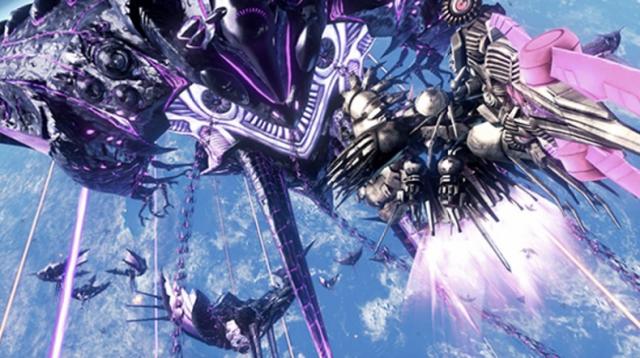
It could very well develop a life as a secondary console in addition to whatever else people may own, and while this would definitely not be a great future for Nintendo's first HD effort, hitting a userbase of 20 million would still be a pretty big accomplishment for a system that's had as rough a time as the Wii U has. If this is the type of goal that Nintendo's shooting for, then after this E3 I'm more easily able to believe that it might be possible.
As far as one of the greats once again dominating goes, here's hoping that Nintendo finally learns from their mistakes next time, and figures out a way to truly deliver on its potential next gen.
Editor's Note: This is an editorial piece and does not necessarily represent the views of gamrReview or its other writers.








